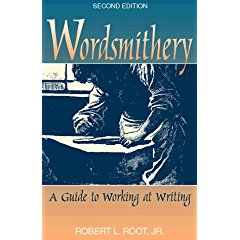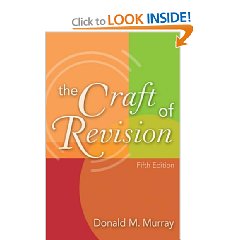Brain Time
Posted: January 07, 2009
Writing When You’re not Writing
by Nancy Anisfield
Consulting Editor, The Upland Almanac
Writing When You’re not Writing
by Nancy Anisfield
Consulting Editor, The Upland Almanac
English composition classes are replete with strategies to get going. Free-writing, outlining, list making, idea trees, summaries and a dozen other reliable methods help get words on paper. Most writers find the system that works best for them, yet many still get stuck somewhere, especially when it comes to critical opening lines, closing lines and climactic action or theme statements. Writing without a pen or keyboard can do the trick – it forces the brain to test the word patterns without the pitfalls of seeing them.
Here’s why it works: When you write or type, the phrases get triple reinforced through the multiple actions of thinking, forming letters or hitting keys, and visually reprocessing what you see back into the brain. Seeing the words on screen or notepad tends to fix their existence and make them “real” entities less easily modified or erased.
Rephrased in your mind, they’re transient. In fact, I’ve found that when I play with these key sentences without writing them down, I often forget how I first put them together, which makes me more likely to explore different variations and word substitutions.
Think of the brain time available while you’re sitting in a turkey blind, cruising downriver to fish or driving to the grouse woods. Every day offers periods perfect for drafting in your mind when your hands are otherwise occupied or when writing itself isn’t practical – roading the dogs, waiting for sunrise, tying a fly, reloading shells.
You might need to force it a bit and make yourself focus on the specific writing task rather than having it simply occur to you to do some mental drafting. Pick the words and play with them. When they seem right, don’t worry about writing them down. Repeat the sentence or sentences several times in your head; most likely this repetition will help you remember them hours or days later. The side benefit of this repetition is that it also gives you ample opportunity to “hear” the rhythm and flow.
In his book, Wordsmithery, Robert L. Root, Jr. says, “Writers who do not know about rehearsing are apt to come to a composing session unprepared, unprimed, and sit in front of the typewriter or word processor or hunch over the notepad, waiting for something to happen….” He points out that working ideas into language in your head usually results in new ideas and clearer phrasing. Since these are critical sentences that are being worked, they often produce what Donald Hall describes in The Craft of Revision as, “…a fragment of language that contains the tension that will release the energy to propel the draft forward.”

